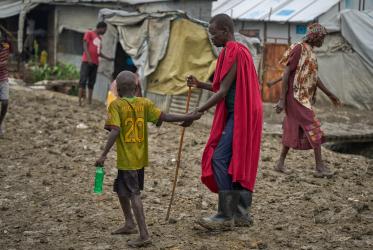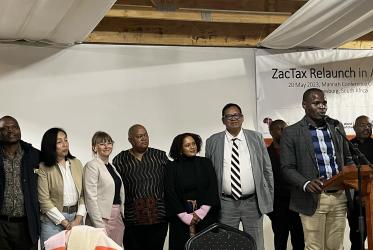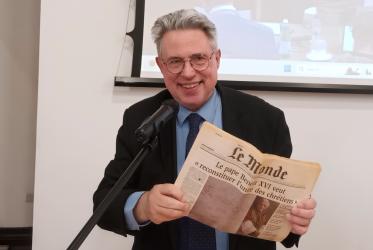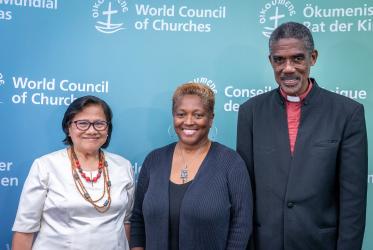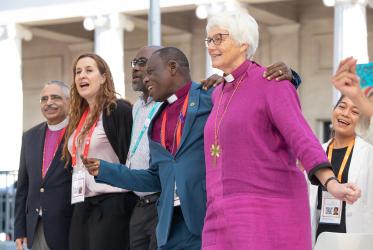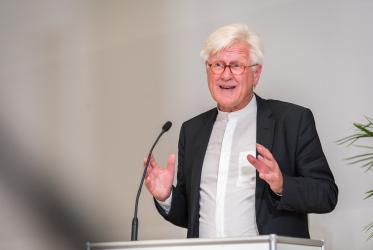Displaying 1 - 20 of 60
ZacTax Campaign relaunched in Africa
23 May 2023
Assembly participants come together as church families
04 September 2022
Morning prayer explores love for our neighbour
03 September 2022
Brunnen: a well of faith-inspired initiatives
01 September 2022
WCC honoured with Geneva Engage Award
01 February 2022

